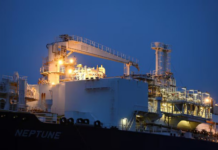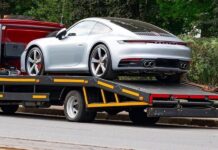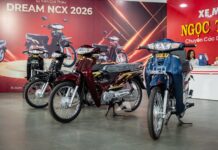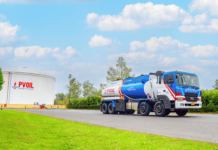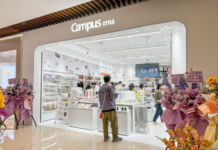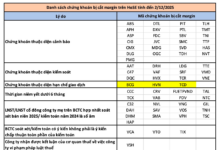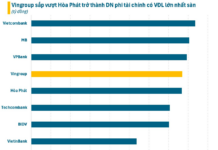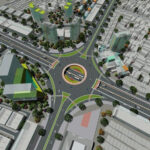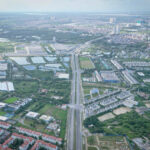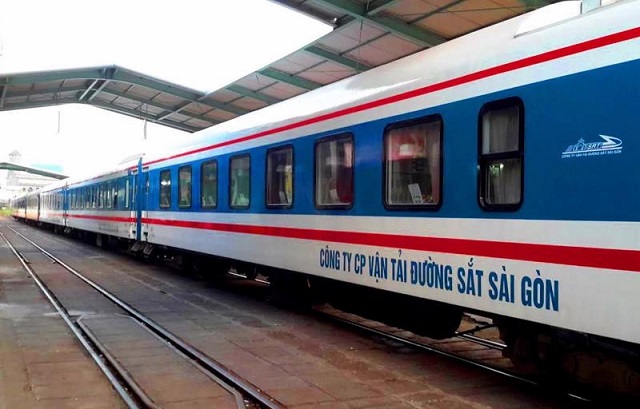
HCMC will plan 8 railway lines in the hub area.
|
HCMC will be the hub of 8 railway lines.
Accordingly, in the hub area, HCMC will plan 8 railway lines including Trang Bom – Saigon (Hoa Hung) – Tan Kien; Bien Hoa – Vung Tau; HCMC – Loc Ninh; HCMC – Can Tho; North – South high-speed (Thủ Thiêm – Long Thành); Thu Thiem – Long Thanh; HCMC – Tay Ninh; railway connecting Hiệp Phước port, Long An port.
In terms of infrastructure, the focus will be on upgrading, renovating to ensure safety of train operation and gradually reaching technical standards of the existing Hanoi – HCMC railway line in order to fully exploit the role of railway transportation in terms of passengers and goods; to be compatible with the approved railway network planning.
Researching, investing, starting new construction of some new lines, railway stations, connecting lines to major seaports to meet the requirements of railway transportation capacity as well as the ability to exploit and connect various railway lines within the hub area, laying the foundation for step-by-step transformation of the function of national railway sections in the inner city area such as: North – South high-speed railway (Nha Trang – HCMC section); Bien Hoa – Vung Tau railway connects to Thi Vai port, Cai Mep; HCMC – Can Tho railway; HCMC – Loc Ninh railway; Thu Thiem – Long Thanh railway…
By 2050, the basic completion of the railway network in the HCMC hub area ensures connectivity, safety, and effectiveness among railway lines. At the same time, it facilitates convenient connections with other transportation modes and economic centers in the Southern region as well as the country’s economic centers.
In terms of infrastructure, complete the upgrade and renovation of the current North – South railway line. Complete the construction of new lines on the North – South, East – West corridors, connecting the major seaports in HCMC, Ba Ria – Vung Tau, Dong Nai, Long An.
7 main stations, separate freight and passenger trains.
In the planning, the Proposal suggests 5 central passenger stations/main stations. Among them, Sai Gon/Hoa Hung station is the city’s central passenger station, operating passenger trains across the city along the An Binh – Binh Trieu – Sai Gon – Tan Kien route in a “swinging” manner through the central station.
Sai Gon station is also the central station for various types of passenger trains: North – South (when the high-speed railway connects to the hub area through the Trang Bom – Hoa Hung railway or the Bien Hoa – Vung Tau railway), intercity trains, local trains (regional), suburban trains. The station area does not have repair and maintenance facilities for locomotives and cars due to lack of land funds.
An Binh station is the northern passenger hub of the city; Binh Trieu station is for boarding and disembarking passengers; Tan Kien station is the southern passenger hub of the city.
Both An Binh and Tan Kien passenger hubs have repair and maintenance facilities for locomotives and cars located at both ends outside the city center and organize “swinging” trains through the central passenger station, Sai Gon/ Hoa Hung station, for intercity trains, interregional trains, and suburban trains. In addition, Tan Kien station is also the starting and ending station for high-speed trains on the North – South axis.
Thủ Thiêm station is the eastern passenger station of the city, serving the high-speed North – South railway.
For the central freight stations/main stations, the Proposal recommends An Binh station as the central station, establishing freight trains, connecting, separating and disassembling trains to all railway networks in the HCMC hub area; at the same time, this station acts as the main freight station of HCMC and Binh Duong province; aiming to become a combination station for international interchange.
Trang Bom station is the freight station in the northern part of the hub area (including repair facilities, equipment repair, locomotive and car repair); it is the transfer station for freight between narrow-gauge railway and standard-gauge railway, and it participates in multimodal transportation from Trang Bom ICD to Thi Vai – Vung Tau deep-water port cluster.
Tan Kien station is the passenger station as well as the freight station in the southern area of the hub. This is the station where goods from the north, Tay Ninh, and Can Tho are transported to before being distributed to the inner areas of the city (via road transport) to serve the needs of the whole city.
Thạnh Đức station is the freight station for industrial parks in Ben Luc district and Long An province and it is connected to a dedicated railway line to Hiệp Phước port (Nhà Bè district, HCMC); Long An port (Can Giuoc district, Long An province).
In terms of transportation organization, the Proposal suggests that freight and passenger transportation in the hub area will be planned towards high specialization, separating the freight train flow and the passenger train flow: Freight transport will approach according to the beltway direction, and passenger transport will approach from the outside to the city center.
Specifically, when entering the hub area, freight trains will run along the beltway railway (parallel to Ring Road 2 – HCMC – Can Tho railway); connecting the high-speed freight trains on the North – South railway to the HCMC railway hub following the connection to Trang Bom station.
Passenger trains serving the city’s residents directly will be planned deep inside the city center for the convenience of people’s access: Organize high-speed North – South passenger trains connecting Thu Thiem station and Tan Kien station through the southern area of the city; Organize suburban trains, interregional trains/local trains, intercity/national trains, suburban trains through the central station Sai Gon/ Hoa Hung station.


